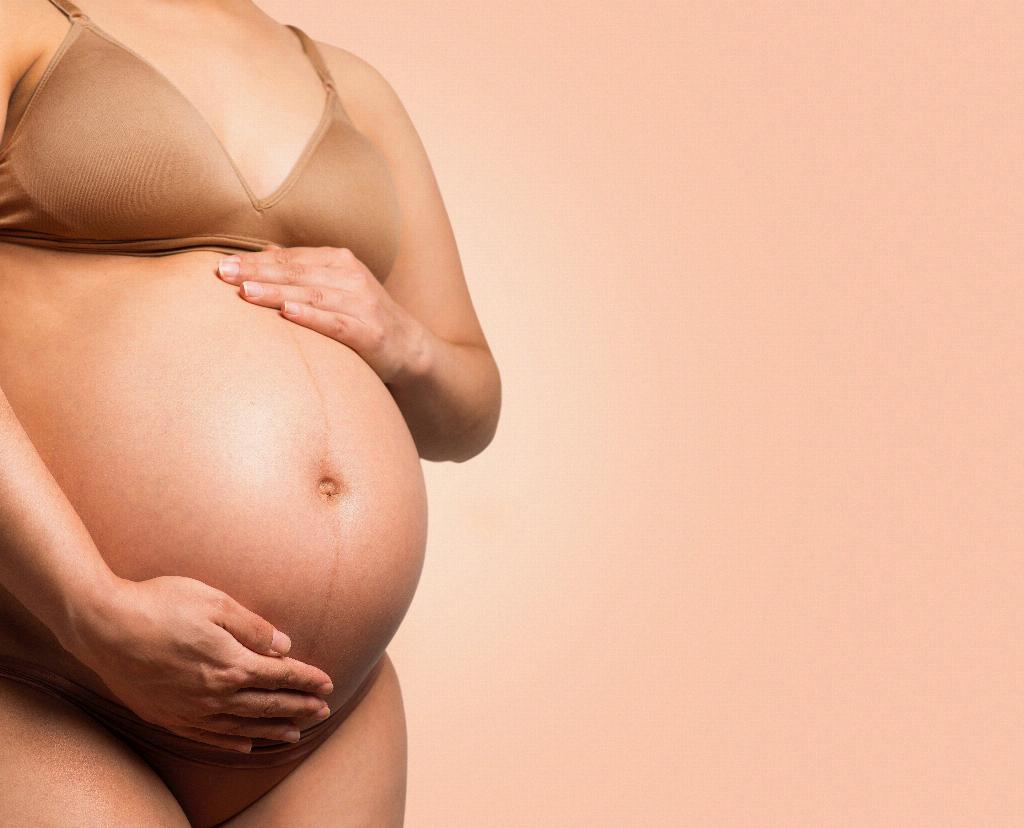When it comes to the early stages of pregnancy, it’s essential to pay attention to the various signs and symptoms that may indicate you are expecting. One common question that often arises is whether experiencing body aches is a sign of early pregnancy. In this article, we will delve into the connection between body aches and the initial phases of pregnancy to provide a clearer understanding of what expecting mothers may expect.
Progesterone and Relaxin: Impact on Body Aches
During the early stages of pregnancy, the body undergoes numerous changes to support the developing embryo. One significant aspect of this process is the increase in hormone levels, particularly progesterone and relaxin. These hormones play a crucial role in preparing the body for pregnancy but can also contribute to various discomforts, including body aches.
Common Symptoms in Early Pregnancy
Aside from body aches, early pregnancy is often accompanied by a range of other symptoms. These may include fatigue, nausea, and breast tenderness. It is essential to consider these symptoms collectively when trying to determine whether you may be pregnant, as they can provide valuable insights into your current physiological state.
The Role of Hormonal Changes
Progesterone, commonly referred to as the “pregnancy hormone,” is responsible for maintaining the uterine lining to support the embryo’s implantation and growth. As progesterone levels rise, it can lead to relaxation of smooth muscles, potentially causing body aches and general discomfort in various parts of the body.
Understanding Relaxin’s Influence
In addition to progesterone, relaxin is another hormone that plays a key role in pregnancy. This hormone is responsible for relaxing the ligaments in the pelvis to prepare the body for childbirth. However, relaxin’s effects are not limited to the pelvis; it can also impact other areas of the body, potentially contributing to body aches and pains.
Body Aches as a Potential Indicator
While body aches alone may not definitively indicate pregnancy, when experienced alongside other common symptoms, they can serve as a potential indicator of early pregnancy. It is crucial to consider the context in which these aches occur and whether they align with other signs of pregnancy to form a comprehensive picture of your health status.
Consulting with Healthcare Professionals
If you suspect you may be pregnant or are experiencing persistent body aches along with other symptoms, it is advisable to consult with healthcare professionals for a thorough evaluation. They can provide expert guidance and support to help you navigate the early stages of pregnancy and address any concerns you may have.
Self-Care and Management Strategies
Managing body aches during early pregnancy can involve various self-care strategies, such as gentle stretching exercises, applying heat packs to affected areas, and ensuring adequate rest. It’s essential to listen to your body’s signals and prioritize your well-being to promote a comfortable and healthy pregnancy journey.
Importance of Prenatal Care
Regular prenatal care is crucial for monitoring the progress of your pregnancy and addressing any potential issues that may arise. Healthcare providers can offer valuable insights and recommendations to ensure you and your baby remain healthy throughout the pregnancy, including addressing any concerns related to body aches or discomfort.
Conclusion: Body Aches in Early Pregnancy
While body aches can indeed be a common occurrence in early pregnancy due to hormonal changes and physiological adjustments, it is essential to consider them within the broader context of pregnancy symptoms. By staying informed, seeking professional guidance as needed, and prioritizing self-care, expecting mothers can navigate the early stages of pregnancy with greater confidence and comfort.

